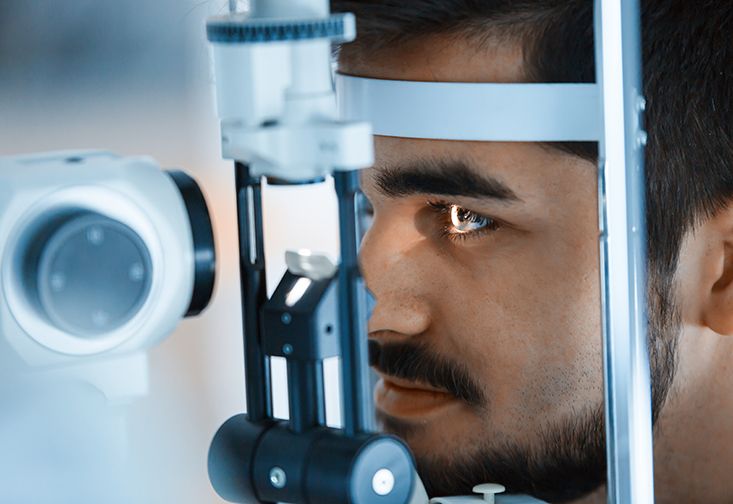https://www.usf.edu/…/neuroscientists-discover-brain-pressu…
If you found this article interesting please like and share it from our Facebook page: https://m.facebook.com/story.php?story_fbid=511500699478279&id=383136302314720
Researchers at the University of South Florida have discovered a novel feedback pathway from the brain to the eye that modulates eye pressure – a significant advancement in the effort to diagnose and treat glaucoma. Glaucoma is associated with increased pressure in the eye due to a reduce ability of the eye to maintain proper fluid drainage. The heightened pressure applies mechanical strain to the optic nerve as the nerve exits the eye, resulting in vision loss and potential blindness.
It has long been hypothesized that brain pressure might also play a role in glaucoma because the amount of strain on the optic nerve depends not just on eye pressure, but the difference in pressure between the eye and brain. The groundbreaking study published in the Journal of Physiology shows, for the first time, that eye and brain pressure are physiologically connected. The neuroscientists came to this conclusion by altering brain pressure in animal models and noting changes in the fluid drainage properties of the eye that could be blocked by chemicals that eliminate feedback signals from the brain. Interestingly, the eye’s ability to clear fluid changed in a manner that restored a healthy pressure difference across the optic nerve.
“The drainage control system may service to protect the optic nerve from swings in eye or brain pressure,” said Chris Passaglia, PhD, professor in the USF Department of Medical Engineering. “Its discovery offers a new target for glaucoma treatment, wherein the modulatory mechanisms of the system might be exploited to help lower eye pressure and impede disease progression in glaucoma patients.”
